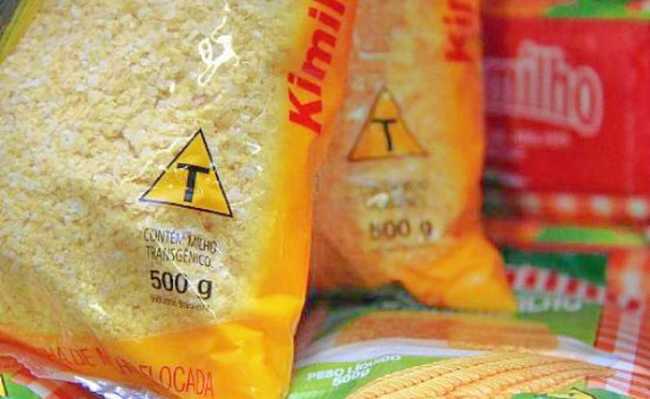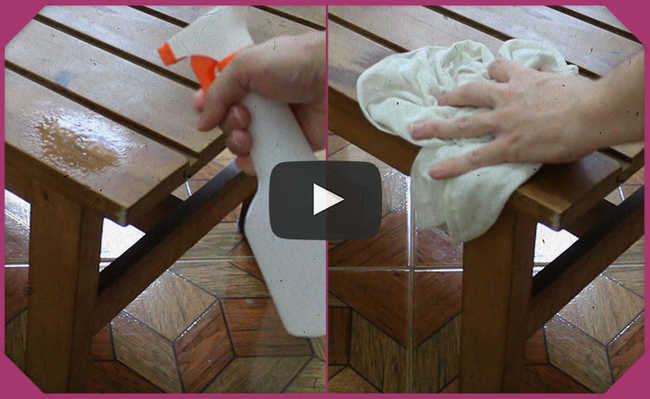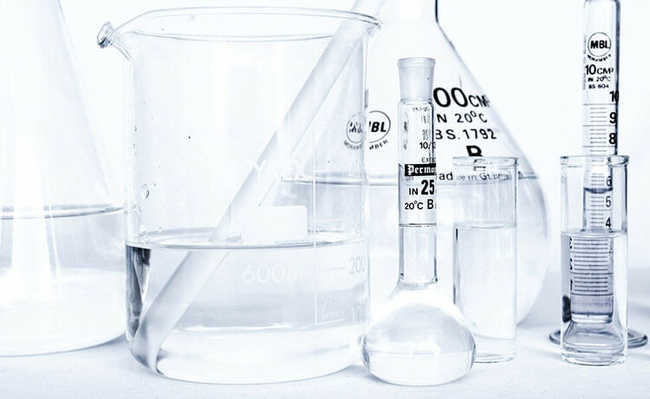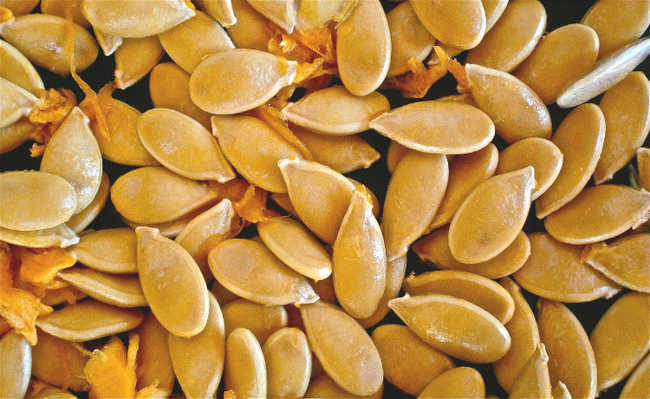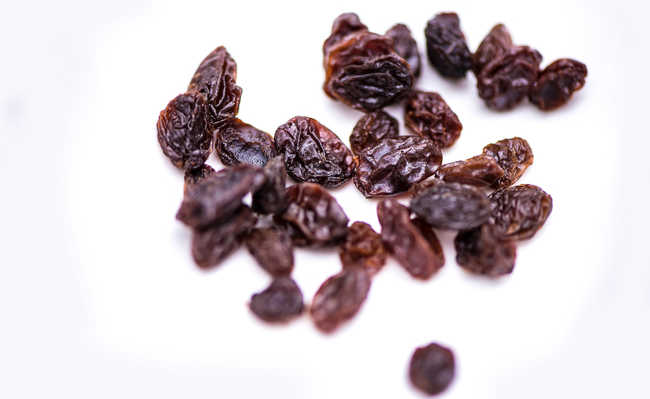Check out tips on how to reduce household waste
Small precautions involving recycling and reuse can be effective to prevent waste with energy potential from accumulating inefficiently in the environment
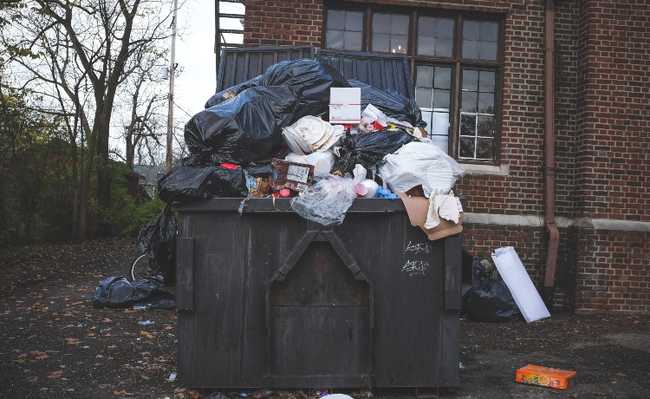
NeONBRAND Unsplash Image
The best way to reduce the amount of waste on the planet is to reduce the amount of waste produced. Therefore, reducing the production of household waste is essential to minimize the accumulation of waste and the growing pollution resulting from its incorrect disposal. Although many people find it difficult to contribute to waste reduction, small actions can make a big difference. Discover some very simple and efficient ways to reduce the production of household waste and do your part.
It is noteworthy that waste that has a high turnover in our day-to-day activities, such as food, plastic films, bags, napkins, diapers, absorbents, among others, were considered household garbage.
Foods
To be eco-friendly, that is, friendly to the environment, it is important to understand that all food, before being consumed, has come a long way and, depending on its origin, caused more or less social and environmental impacts. In this sense, the best path is one that includes the greatest possible reduction in animal products such as meat, eggs and milk; prioritizes foods of vegetable origin produced locally and organically; and that has no waste. So, whether it's time to choose lunch on Monday, or plan the company's meeting menu, how about taking these aspects into account?
Giving preference to healthier foods that contain less packaging or contain returnable packaging is another way to reduce household waste. So, in addition to being able to reuse the container, you can also recycle it when it is no longer useful.
Composting is a great alternative to reuse the organic waste generated in your home. It is a natural process in which microorganisms, such as fungi and bacteria, are responsible for the degradation of organic matter, transforming it into humus, a material that is very rich in nutrients and fertile. With this process, it is possible to naturally decompose your food waste in your own home (even living in an apartment) in a practical and hygienic way.
In these equipment, it is possible to place fruits, vegetables, vegetables, seeds, coffee grounds, leftovers from cooked or spoiled foods and eggshells. Materials such as tea bags, sawdust, cardboard, newsprint and matchsticks can also enter the compost bin - however, the most suitable for newspaper and cardboard is recycling. However, meat of any kind, lemon peel, dairy products, oils, fats, used toilet paper, pet faeces, excess citrus fruits and excess salt cannot be composted.
- What is compost and how to make it
- Home composting: how to do it and benefits
- What can you put in the composter?
Accessories
Various items used at home can be recycled or reused. Plastic films, milk cartons, margarine jars and glass bottles are examples of items widely used in everyday life and that can be disposed of correctly, without causing damage to the environment.
In addition to recycling and reusing household products, you can give preference to biodegradable materials, such as vegetable sponges and steel wool for washing dishes, instead of the traditional yellow sponges, since synthetic ones are difficult to recycle.
WC
In the bathroom, try to use cosmetics and hygiene products until the end. The packaging of such products, when washed, can be recycled in the plastic part, as well as old toothbrushes. For bathroom trash (which receives non-recyclable trash such as toilet paper), avoid plastic bags. A good option is to make newspaper bags.
Diapers and sanitary napkins
Although there is no technology to recycle diapers and sanitary pads, there are alternatives that help reduce the consumption of these products. Pads made with silicone are a good reusable option for women. For babies, there are cloth and hybrid models, which help to spend less difficult-to-use materials.Biodegradable garbage bags
Even after reducing the amount of household waste generated, there is still waste that goes to common garbage. Once the newspaper bags are full, it's best to gather everything else in different garbage bags, but be careful. Oxo-degradable bags are not recommended due to the inefficient action of the additives (which only degrade the plastic more quickly, but maintain its harmful properties in nature) and, on top of that, make further recycling difficult. There are alternatives, such as plastic made from starch and another model made from reactions with bacteria. In addition, there are 100% biodegradable plastics made with Ecoflex technology, developed by BASF and distributed by Extrusa.Bag for recyclable materials
After separating waste for selective collection, remember to clean the packaging to facilitate recycling. Another important factor is that there is no problem in using a conventional garbage bag because it will also be incorporated into plastic recycling, but the tip here is to opt for bags that are made from recycled plastic.
For other non-perishable items such as asbestos tiles, computers and fluorescent lamps, consult our guides or the Recycle All section. If you want to know how to implement selective collection in your condominium, access the article "Selective collection in condominiums: how to implement it". Finally, to find the closest place to dispose of objects of daily use, go to the Recycling Stations section.
In conclusion, the main actions you can take to reduce household waste are:
- Before going to the market, plan your purchases. Purchase only the quantity of products really necessary for consumption, avoiding waste;
- Whenever possible, avoid printing paper documents. Leave to use the printer only when really necessary and, whenever possible, use both sides of the paper;
- Always give preference to returnable packaging;
- To carry your groceries, use only returnable bags and avoid the traditional disposable plastic bags;
- Reusing packaging and products must be a reality. Abuse your creativity to reuse and transform used packaging into other useful objects;
- Contribute to selective collection by separating glass, plastics, paper and metals, and dispose of these materials correctly.




